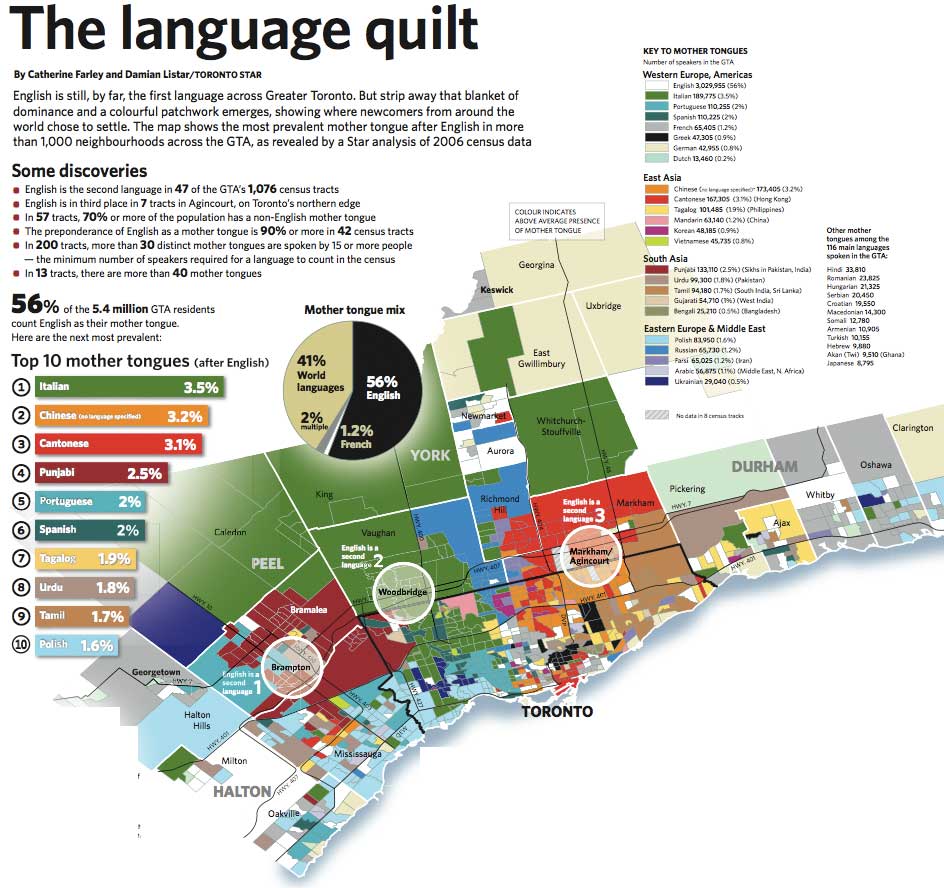There have been some waves on the web about Canada’s expected copyright legislation. For some info, see:
I just sent a letter (as a private citizen) to a number of pols, including my MP and Industry Minister Jim Prentice:
Dear Minister Prentice:
I am disturbed by the Government’s announcement that a new copyright bill will be tabled in December, without any public consultation. Copyright is a crucial issue for Canadian competitiveness – in education, science, business, and culture. All indications are that overly restrictive copyright laws stifle innovation, yet this is exactly what the Government appears to be tabling. A restrictive copyright bill could have disastrous effects on the future of the country.
The most important problem is that the Government is tabling a bill without consultations with Canadians, so that a full range of voices has not been heard. This means that the best decision cannot be made, and instead narrow interests of those who *do* have the Government’s ear are likely to trump what is good for the future of the country.
The bill, apparently, is likely to include anti-circumvention provisions (digital locks on machines so that using the things Canadians buy, the way they wish to use them will be illegal). These provisions have proved to create significant harm to education, privacy protection, security, research, free speech, and consumer interests.
The bill does not address crucial issues such as protecting parody, time shifting, device shifting, and the making of backup copies. Further, it does not address outdated and innovation-stifling crown copyright, or restrict statutory damages awards to cases of commercial infringement.
The government last consulted Canadians on digital copyright issues in 2001. The Internet and technology use have changed dramatically since then, yet the Government has done little – that I am aware of – to find out what implications these changes have on Canadians. On businesses, on teachers, on regular people.
As a small web business owner, I am shocked that the Government would charge ahead on such important legislation without doing the work required to understand the implications properly, without doing the work required to find out how it will impact Canadians, and what it is that Canadians actually want.
Please reconsider this dangerous approach.
Best regards,
etc.


Comments on Posts